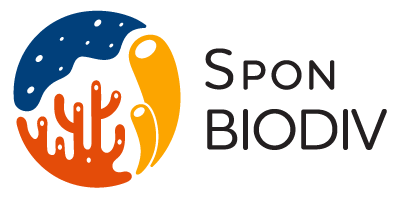

Group Leader
PhD in Marine Sciences, researcher of CIIMAR, invited assistant professor at University of Porto and member of the coordination committee of Portuguese Polar Program. Her major research is on understanding how microbial derived nitrogen machineries interact and to identify the mechanisms regulating their operation. She focus her research on the impact of pollutants in marine N-biogeochemical pathways and in identifying the environmental constraints and controls on microbial Nitrogen pathways distribution including in extreme environments (Arctic/Antarctica). In the context of her research the methodologies she use are mainly biogeochemical measurements, microbiome sample processing and genomic and metagenomic work flow analysis.











